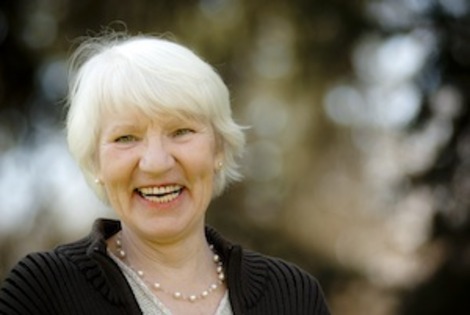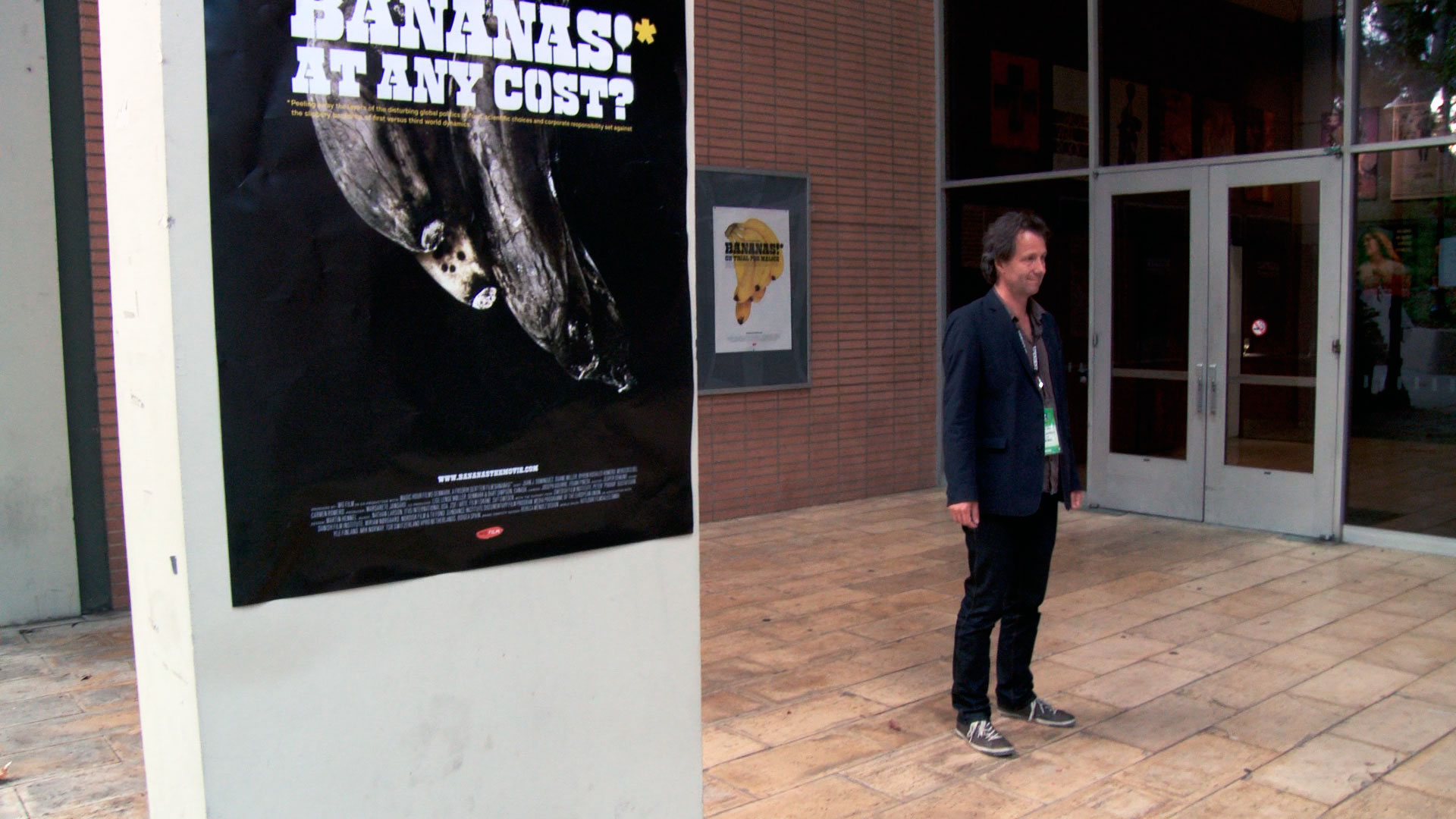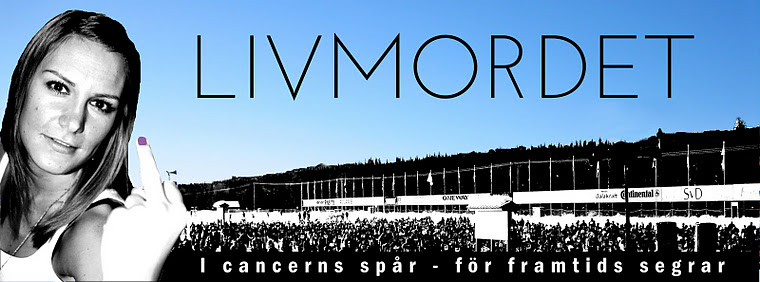
Cool tant!
German Grandmother Lives Money-free and Has Never Been Happier By Sarah B. Weir | Shine from Yahoo! Canada – Tue, 10 Jan, 2012 9:16 AM EST Most of us could go a day without spending any cash. But a week? How about sixteen years? That’s how long 69-year-old Heidemarie Schwermer, grandmother of three, has lived without money.…
Impact Investment
Okej, Bannans* ska betalas av de som vill se den ske enligt principen ”många bäckar små”. En liknande trend fast med motsatt princip kallas Impact Investment. Filantropin kommer till Sverige, det menar i alla fall CSR i Praktiken: Samtidigt som Sverige på allvar börjar få upp ögonen för filantropi har utvecklingen av Impact…

Crowd funding för uppföljaren till Bananas!*
I steg 1 lyfte vi precis exemplet med Fredrik Gertten som just nu crowd fundar till den amerikanska lanseringen av Big Boys Gone Bananas!*. Hittills över 200 som stöttar och över 10 000 dollar in. Målet är minst 15 000.

Emma ska åka vasaloppet
Kära Inspirationsbanken. Idag vill jag skriva om en utav de där människorna man ibland bara råkar stöta på, som efter att ni pratat en stund med varandra lämnar dig gapande i ren beundran med en helt ny syn på livet omkring dig. Hon heter Emma Hellberg är 26 år gammal och är en vän till…
